Search Results
Viewing: 171-180 of 11822 | All

Condition
Total Anomalous Pulmonary Venous Return (TAPVR)
Total anomalous pulmonary venous return (TAPVR) is a condition where the blood vessels in the lungs, called the pulmonary veins, are not attached to the heart in the right place. Because of this, the body can’t get enough oxygen.

Condition
Interrupted Aortic Arch (IAA)
Interrupted aortic arch is a heart condition where the aorta doesn't form completely. This affects blood flow and will require open heart surgery to treat it.
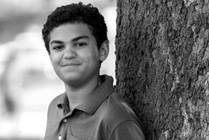
Condition
Truncus Arteriosus
Truncus arteriosus is a rare heart defect where only one large blood vessel forms instead of two. It can be treated with surgery.

Condition
Clubfoot (Talipes Equinovarus)
Clubfoot, also known as talipes equinovarus (TEV), is a common foot abnormality, in which the foot points downward and inward. It occurs twice as often in males than in females. Signs of clubfoot include a short and/or tight Achilles tendon (heel cord) and a heel that is turned in.
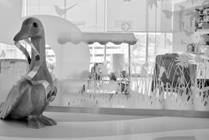
Condition
Duodenal Atresia
Duodenal atresia is a congenital condition where the duodenum is narrowed or blocked. The duodenum is the first part of the small bowel (intestine). This blockage keeps liquids and food from passing through the stomach into the rest of the intestine. The cause of duodenal atresia is not known.
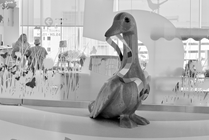
Condition
Thrush and Yeast Infections
Thrush is an infection caused by a fungus called candida. Thrush can affect a child's mouth or diaper area. Oral thrush begins as flat white spots and come together to form patches. These spots are often mistaken for "milk patches." Candida in the diaper area can cause a red rash with tiny blisters.
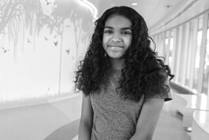
Condition
Congenital Melanocytic Nevi (CMN)
Moles present from birth, or that develop within the first few months after birth, are called congenital melanocytic nevi (CMN). They are fairly common and, in most cases, they do not cause health problems. However, they can carry risks.

Condition
Asperger's Syndrome
Asperger’s Syndrome, a form of Autism Spectrum Disorder, is a developmental disorder. Young people with Asperger’s Syndrome have a difficult time relating to others socially and their behavior and thinking patterns can be rigid and repetitive. They also may have trouble understanding body language.
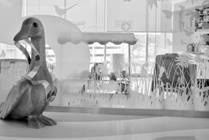
Condition
Gastroschisis
When the muscles and skin fail to form normally in the abdominal wall, this results in an abdominal wall defect. Gastroschisis is the most common of the abdominal wall defects. Babies born with gastroschisis have a hole in the abdominal wall.
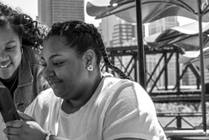
Condition
Premenstrual Syndrome (PMS)
Premenstrual syndrome (PMS) is a collection of behavioral and physical signs and symptoms that affects women a few days before their menses. These symptoms typically occur in a predictable pattern. Symptoms can include mood swings, anxiety, food cravings, bloating, fatigue and headaches.
